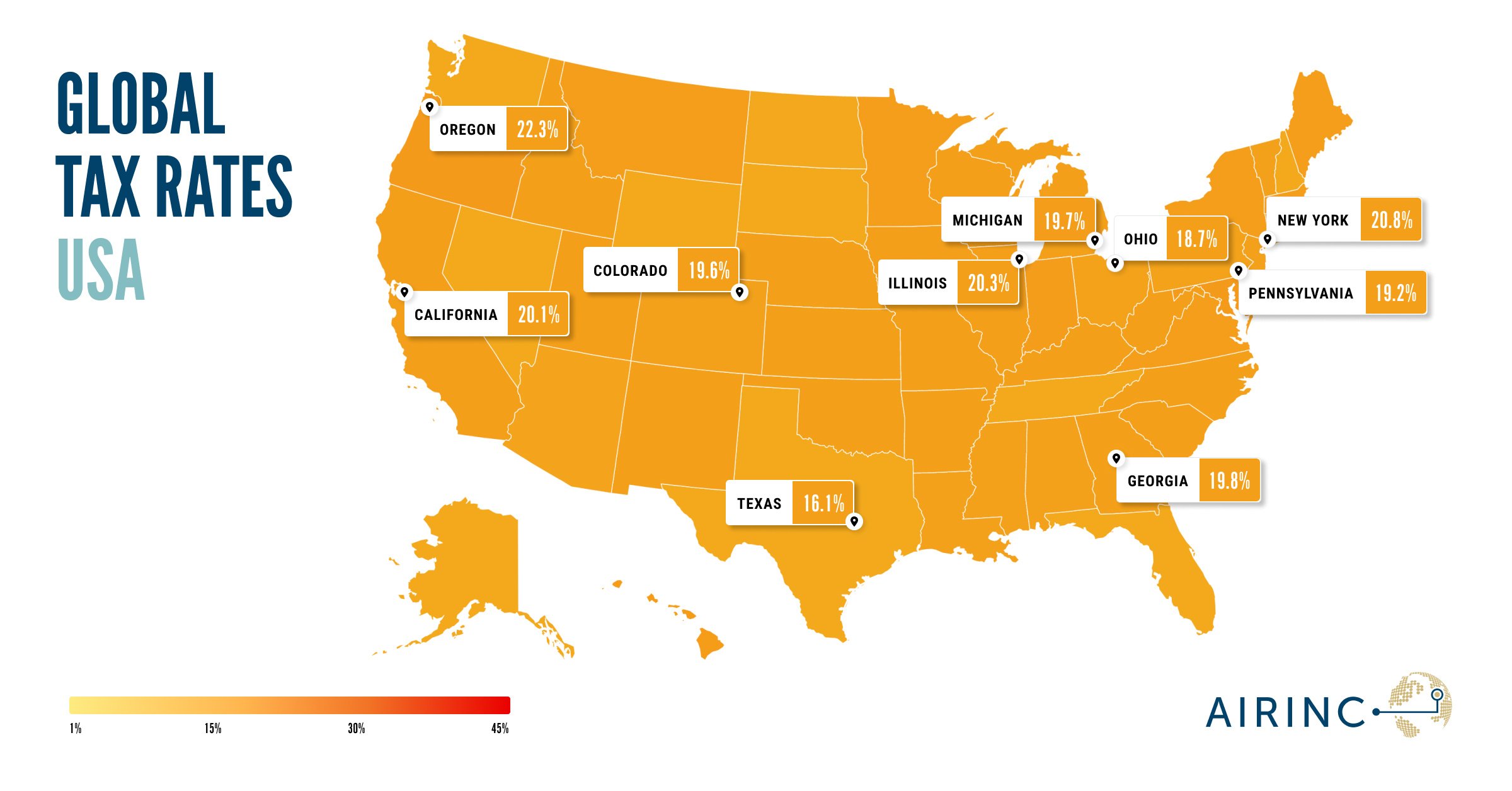UPDATE: What are the key individual U.S. tax referendums?
This month, voters across the country voted not only for their midterm local and national representatives, but also casting votes for or against various tax initiatives. Below is a summary of the key individual tax referendums:
Arizona Proposition 132:
By a narrow margin (50.7% to 49.3%; less than 34,000 votes), the affirmative has passed. This will require any future ballot initiative with new taxes to be passed with a supermajority of at least 60%.
California Proposition 30:
The additional 1.75% tax to support cleaner air has been struck down by an estimated 58.3% to 41.7%. The effective progressive rates will remain the same for 2023.
Colorado:
Proposition 121, reducing the flat rate from 4.55% to 4.4% was approved at a near 2:1 ratio. The new reduced rate will apply retroactive to January 1, 2022 and future tax years.
Proposition FF, limiting deductions for high income earners to fund universal school meal programs, has passed, 56.7% to 43.3%. The new limitation will apply for 2023 onwards.
Idaho:
The advisory question was affirmed overwhelmingly, 79.8% to 20.2%. While the ballot question is non-binding, there is a clear directive from constituents that lawmakers should continue advancing the flat tax rate of 5.8%.
Massachusetts:
Question 1, the “millionaire’s tax”, has narrowly passed, 52% to 48%. Effective January 1, 2023, there will be an additional 4% tax on taxable incomes exceeding $1 million, with revenue earmarked for education, roads, bridges, and public transportation.
AIRINC will be monitoring these measures and implementing into our tax system.
Happy Thanksgiving to all those celebrating on Thursday.
These were the proposals:
Arizona:
Arizona has been entrenched in a tax rate battle over the past two years. In 2020, 51.75% of voters approved Proposition 208, which would have imposed a 3.5% income tax surcharge on taxable incomes exceeding $250,000 single, $500,000 joint. However, in March 2022, the Maricopa County Superior Court of Arizona struck down the surcharge on the grounds it would exceed the constitutional spending limit for education. Now, Proposition 132 seeks to increase the voting percentage requirement for tax amendments from a simple democratic majority (>50%) to a 60% threshold, (Ironically, this proposition will be decided by a 50% majority).
California:
Proposition 30 seeks to impose an additional 1.75% tax on incomes exceeding $2 million, effective January 1, 2023, to fund cleaner air programs, such as zero-emission vehicles and wildfire prevention.
Colorado:
Proposition 121 would reduce the state’s flat income tax rate from 4.55% to 4.4% to provide inflation relief. This proposal is also seen as a bellwether for a grassroots movement to eliminate the Centennial State’s income tax altogether.
In addition, Proposition FF seeks to fund a universal school meals program by limiting the standard and itemized deductions for high-income earners. Currently, Coloradans with a taxable income of $400,000 or more must add back deductions exceeding $30,000 for single filers, and $60,000 for joint. Proposition FF would lower the caps to $12,000 single / $16,000 joint and lower the income threshold to $300,000.
Idaho:
The Gem State has a non-binding advisory question to voters as to whether the constituents support changing to one flat tax rate of 5.8%, and eliminating the progressive schedule of rates ranging from 1% - 6.5%. The proposal also includes a $500 million rebate to Idahoan taxpayers.
Massachusetts:
Question 1, also known as the ‘Fair Share Amendment’, and/or the ‘Millionaire’s Tax’ would create an additional 4% tax on income that exceed $1 million, with the revenue earmarked for education and transportation.






%20(31).png)

